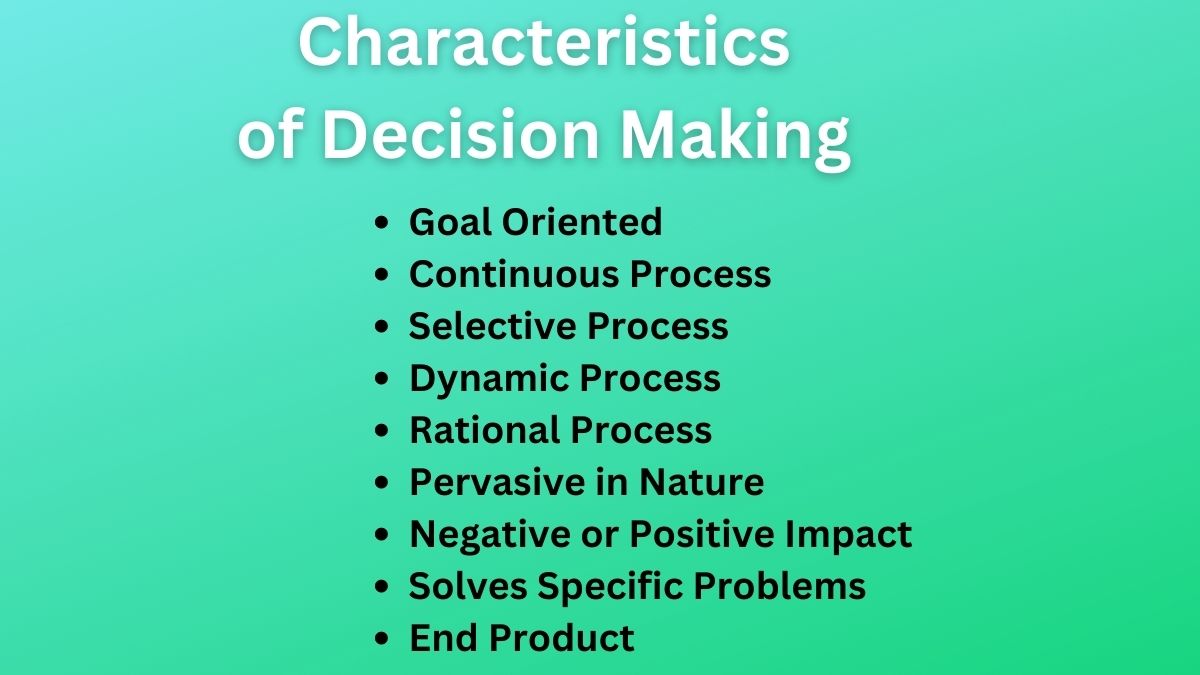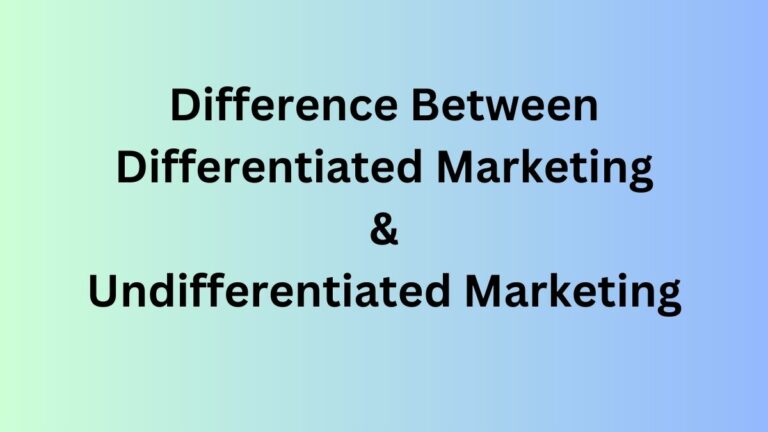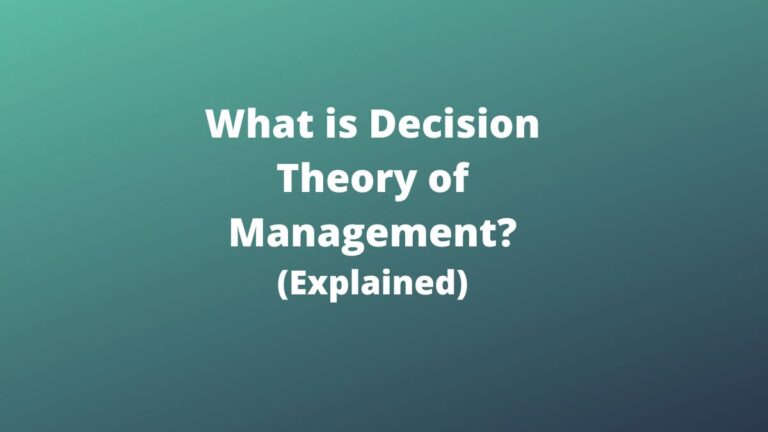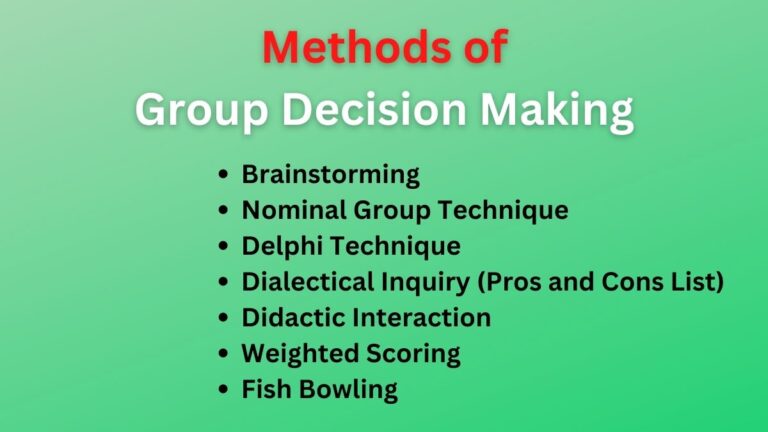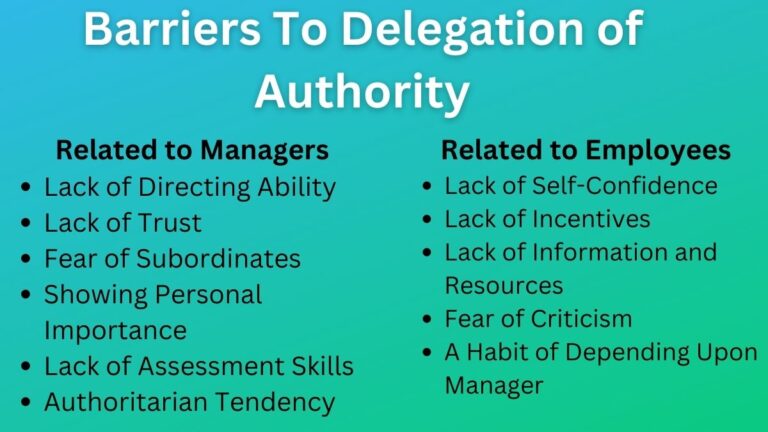9 Characteristics/Features of Decision Making [Explained]
Characteristics of Decision Making
Decision-making is the rational process in which managers choose the right option out of many which is supportive of organizational goals achievement. The main features/characteristics of decision-making are mentioned below:
Goal Oriented
Decision-making is a goal-oriented component of management. During the course of the organization, managers have to make decisions considering the achievement of organizational goals and objectives.
All the decisions made in the organization by the top or lower managers are directed toward the overall goals of the organization. For this, managers are responsible for making the right as well as an effective decision that ensures better goal achievement.
Continuous Process
Decision-making is a continuous process that remains in the organization till it is left. Managers as well as other employees need to make several decisions every day.
From entering the organization (office) to managing different activities and employees, to leaving the office managers have to make many decisions based on time, requirements, and situations.
Selective Process
Decision-making is also selective in nature. It is a process of selecting the best option from the pool of available options. Managers have to select the best alternative that has greater potential to ensure goal achievement after careful evaluation of all alternatives.
Dynamic Process
It is obvious that today’s business environment is dynamic in nature. It is necessary that managers should consider the dynamic and changeable environmental factors while making any decisions.
For the effectiveness of decisions, managers have to make decisions on time. In addition, they should consider the future impact of the decision and how the decision will be affected in the future by possible conditions.
Rational Process
Because all decisions are founded on logical considerations to make them more rational, making decisions is an intellectual and rational process. Before making a choice, managers must use their capacity for rational thought to comprehend the potential effects of possible options.
They require a certain amount of mental capacity, intelligence, knowledge, experience, and personal abilities. Similar to this, in addition to intellectual logic, the voice of inner consciousness is also significant while making decisions.
Pervasive in Nature
Decision-making is also characterized as being pervasive in nature. Decision-making is needed at all management levels, in all organizations, and in all functional areas of the workplace.
Top managers, lower managers, employees, workers, etc. all make some decisions at their end in the workplace. Top managers’ decisions affect the performance of lower-level employees while their decisions affect the completion of given tasks.
Decision-making is common everywhere whether in personal life or professional life.
Related: Types of Decision Making
Negative or Positive Impact
Managers make different decisions assuming the decision will support the goal accomplishment. But the fact is, the alternative will have both negative and positive impacts on organizational goal achievement or performance.
However, managers should carefully analyze the available alternatives and select the one that has a positive impact on organizational performance. In addition, if he has to choose from two negative ones he must choose one that has a less negative impact.
Solves Specific Problems
As the decision-making is directed toward the achievement of organizational goals achievement is also directed toward resolving specific problems. The decision-making process starts with the identification of problems, finding their solutions, and ends with possible solutions.
End Product
From our list of 9 characteristics of decision-making, the end product is the last characteristic. Decision-making is the end product in the sense that a decision is made only after a series of experiments, analyses, and discussions.
Because the decision is the main conclusion after the discussions it is considered the end product. In addition, whenever we discuss something at the end we come to a conclusion which is a decision.
Read Next: Styles of Decision Making
Sajan Kushmi is a content writer with more than 4 years of experience. He holds BIM Degree. He write on the topics related to Management, Marketing, and Entrepreneurship.
